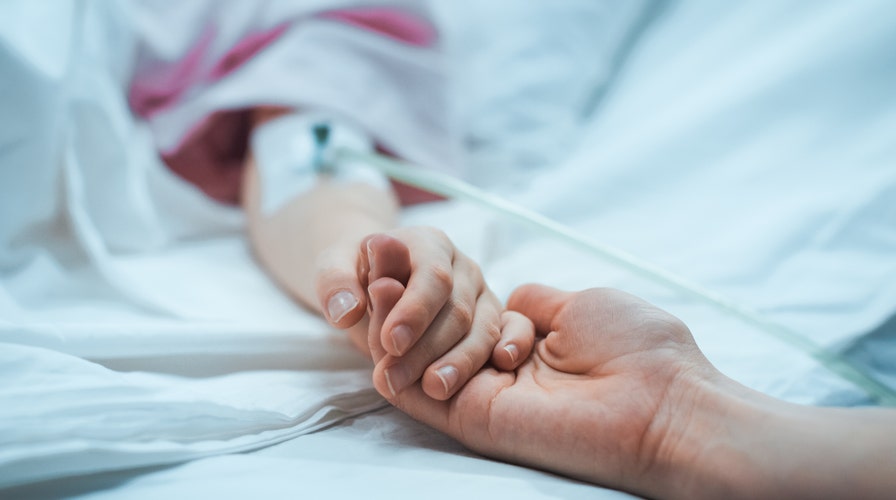Fox News Flash top headlines for June 8
Fox News Flash top headlines are here. Check out what's clicking on Foxnews.com.
Researchers have identified the main symptoms and clinical attributes of a new inflammatory syndrome in children that's similar to Kawasaki disease, a new study reveals.
Back in April, British and European scientists were seeing cases of a new condition, which researchers have now dubbed Pediatric Inflammatory Multisystem Syndrome Temporally associated with SARS-CoV-2 (PIMS-TS) in their paper published today in the Journal of the American Medical Association.
“The new disease presents in a number of ways and can have serious complications. However, the more we learn the better prepared we are to intervene and prevent worse outcomes. For example, patients who develop shock and cardiac failure have a different pattern of blood tests that may help to identify the at-risk group for targeted treatment," lead researcher Michael Levin, from the Department of Infectious Disease at Imperial College London, said in a statement.

A new study identifies the clinical markers of a condition that some children who were exposed to COVID-19 came down with. (iStock)
According to scientists, PIMS-TS presents more often with abdominal pains and diarrhea in addition to symptoms like a persistent fever. The study also found that it seems to affect a higher proportion of Black and Asian patients. Fewer than 200 cases were reported in the U.K. with a range of symptoms and severity and most children recovered. In New York City, at least 202 children were sickened by this new condition, and three lost their lives to it.
AMAZON FAILED TO PROTECT WORKERS FROM CORONAVIRUS INFECTION, NEW LAWSUIT CLAIMS
Researchers said that 45 of the 58 children with the new condition had evidence of current or past COVID-19 infection.
“Our analysis has shown that this is indeed a new condition. Untreated, there is a risk of severe complications in very unwell children, but with early identification and treatment the outcome is excellent, with the children we are reviewing after discharge completely well," Julia Kenny, consultant in paediatric infectious diseases and immunology at Evelina London, said.
“For clinicians, it’s important that we build collaborative research to quickly improve our understanding of the condition and provide the best evidence-based treatment for our patients," she added.









































